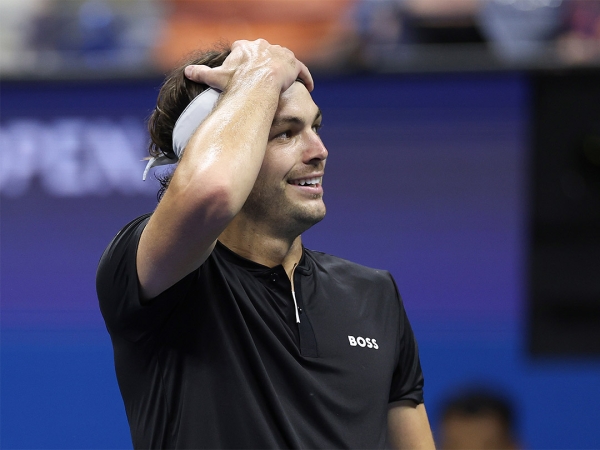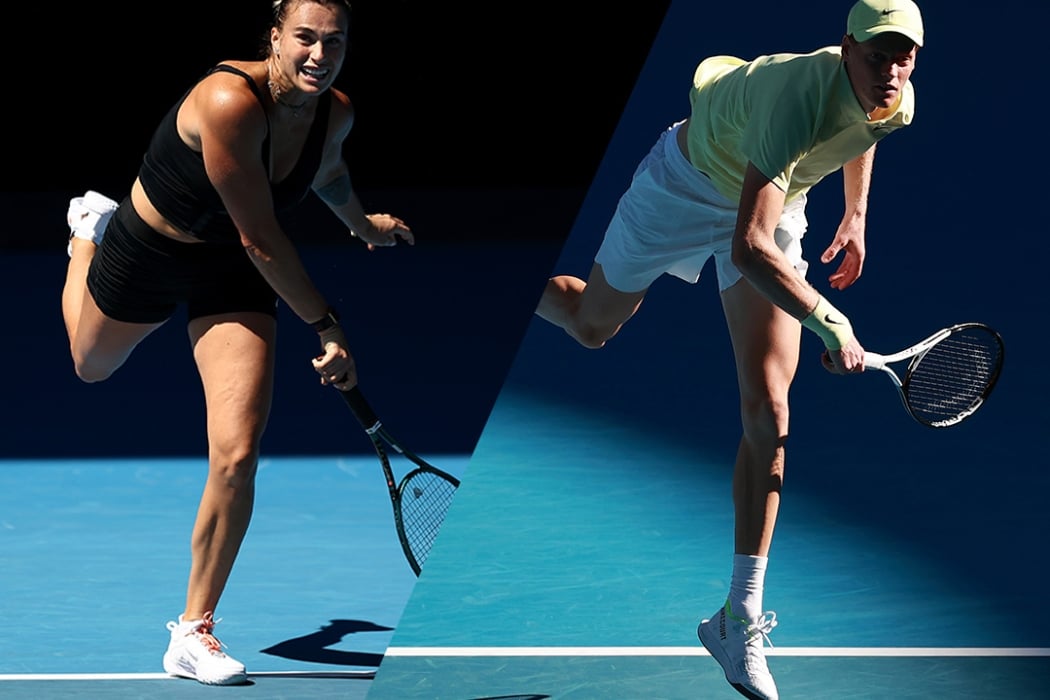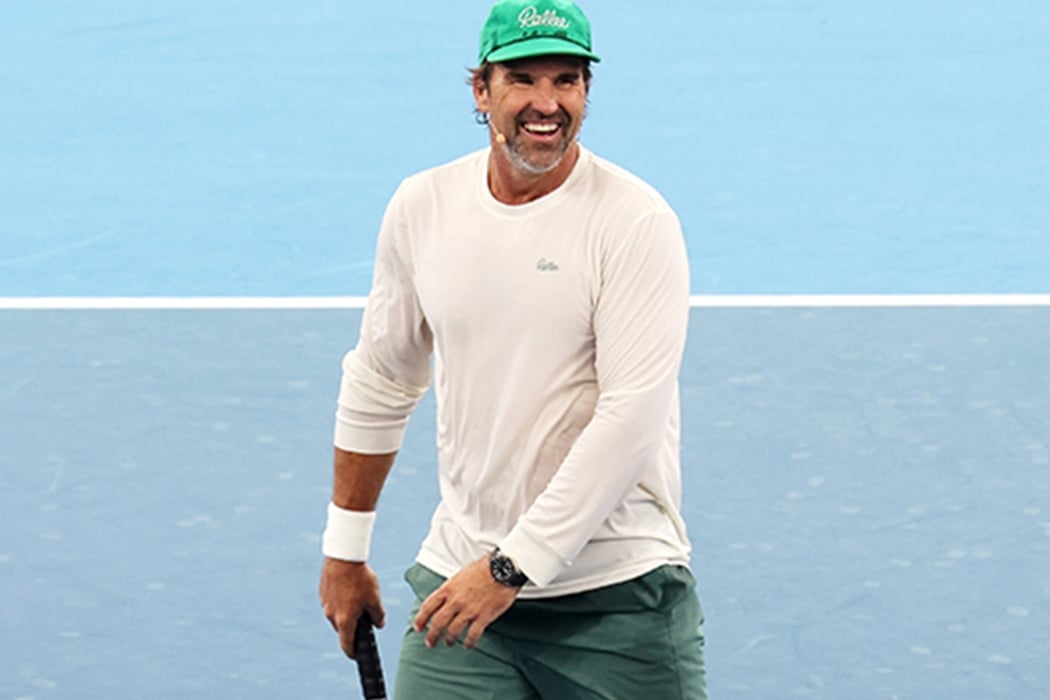Is Taylor Fritz the next man in line to win a maiden Grand Slam?
That’s the question tennis pundits are asking in the lead-up to Australian Open 2025.
It comes after the American finished last season as world No.4 – a career-high ranking that coach Michael Russell says has contributed to new-found confidence.
“Going deep in some of the bigger events – finals of US Open, ATP finals - that gives Taylor so much belief in his game that he can actually win in these big events where you’re beating guys, No.1, No.2, No.3 in the world, and all of a sudden you finish the year world No. 4, you are one of the top players in the world,” Russell says.
“It’s his best year he’s ever had, and I think he needs to continue to have that confidence, which he has.”
A title triumph over Poland at the United Cup earlier this month, alongside women’s world No. 3 Coco Gauff, is perhaps testament to that. Russell believes the prelude event was a good litmus test not just for physical form but also mental resilience.
“You take away a lot,” Russell says. “First match of the year, Taylor was close to winning and ended up losing, serve for the match, and he had to deal with that adversity, and then to turn around and play a decisive mixed doubles match an hour later, he had to forget the negativity right away.
“You’re back playing your best tennis, and then you have to build up the confidence playing for the team and for your country, so I think it’s a great start of the year, to have that added pressure and create that for the year to come.”
READ: Australian Open 2025 seeds
Russell is careful of how that pressure is managed, however, and despite the growing hyperbole from pundits, he won’t publicly, at least, put a number on what success for Fritz at the first Grand Slam of 2025 could look like.

The 27-year-old travelled to Melbourne on Monday and was at practice from Tuesday, though his team has built recovery time, in the form of gaming, scrolling social media and seeing friends, into his schedule, considering the five matches Fritz played in Sydney – a lot on the back of the off-season.
“Result-wise of course you always want to try and win the event, but we try and keep it process-orientated and that depressurizes the matches,” Russell says.
“So, when you step on court you’re looking to serve well, crush your forehand, really play aggressive tennis and focus on your explosiveness and your movement and compete and fight for every point.
“You win the last point, obviously that’s a huge bonus, and great, you have a mini celebration that day. Then, you look to the next match, and reset, and get ready because if you look too far ahead, you’re creating too many unknowns, and pressure and expectation that doesn’t exist.”
Since the start of the 2020 season, Fritz has played the most five-set matches of any player at Grand Slams. It’s a statistic Russell is not familiar with when asked about strategy for the Australian Open.
“Hopefully that’s not a strategy,” he quips.
It raises the question, can that record be interpreted as a strength or weakness? On the one hand being able to endure five-setters and push your rivals into them, or to a point of exhaustion, is surely advantageous. However, on the other hand, does it indicate that Fritz could also be more efficient?
“I guess the answer would be what’s his record?” Russell offers.
According to Stats Perform it’s 11-7, with his most recent being a win over compatriot Frances Tiafoe in last year’s US Open semi-final.
“He’s a great competitor and he’s very stubborn and he’s won a lot of five-set matches, but ideally Taylor’s game is a power serve plus forehand game, and so the shorter the matches usually the outcome is more favourable for Taylor because he’s able to overpower his opponents,” Russell says.
“But his fitness and endurance has really improved the last few years so he’s able to withstand those longer matches and play some five-set matches and have a good record, just like he did at the US Open in September.
“I think that’s a testament to his hard work, and the team as well, in the gym and on-court. His endurance has improved, but we’d definitely prefer the shorter matches.”
When it comes to specific work for the first major, Russell says the first step is explosiveness.
“Whether it’s off the return serve, or reacting to a return of his first serve, and also reacting to his opponent who is on defence, when he can quickly recognise that his opponent is on defence and move forward and knock off a volley, I think that’s the biggest part of his game that has improved, and also that needs to continue to improve,” he says.
“I think his focus and intensity has improved a lot and his ability to move forward in matches is better, so he’s starting to finish more points at the net, which he needed to do.
“He’s buying into that now because he’s seen some really big moments where he’s able to finish at net and it’s proved immense, as far as his confidence and being able to win against top players in these moments.”

